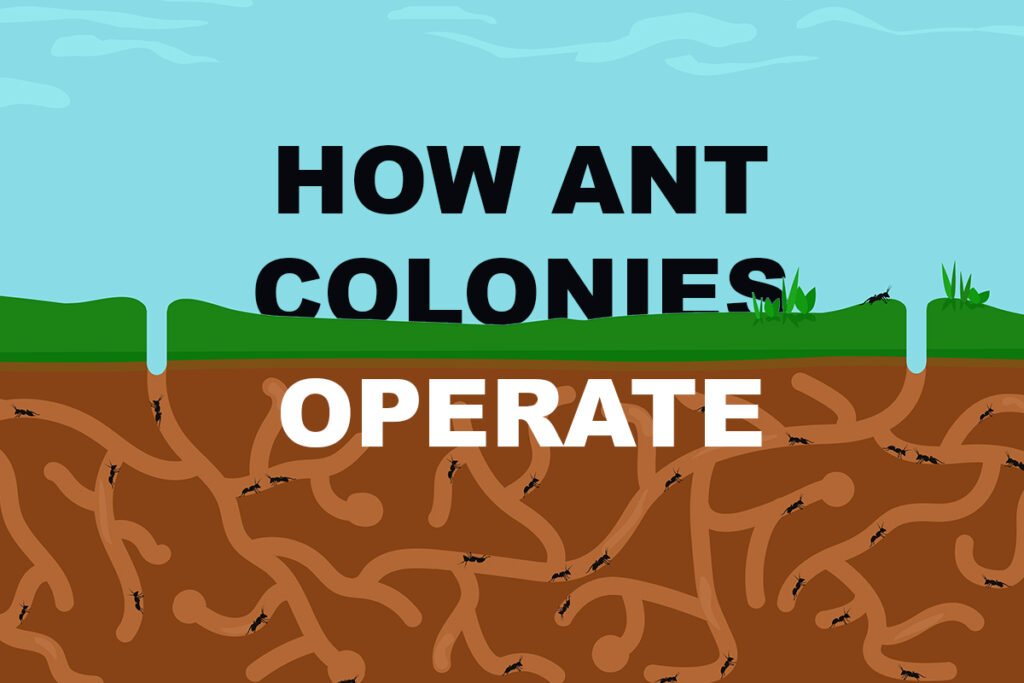
Ants Have A Caste System
Ants are social insects and much of their prowess comes from their strength in numbers. Ant colonies are fascinating—unless they’re living in your house. At that point, you might be more interested in ant pest control. Even so, ant colonies remain the topic of much discussion, observation, and homespun wisdom.
Ant colonies are generally made up of a caste system—one or more queens, several drones (winged male ants), major worker ants, minor worker ants, and a brood of developing ants. The queen is so named because she is the one that starts a new ant colony and then maintains a sole occupation—producing ants to populate the colony.
She and her brood are waited on hand and foot by the worker ants. The brood is made up of wee ants in the egg, larvae, and pupae stages who are growing up to be worker ants.
A queen ant can live for decades. In contrast, male ants usually only survive for several weeks—their sole purpose being to mate with the queens. Worker ants live between one to three years and progress from one stage (or caste) to another. A worker ant (usually female) will start its adult life by caring for the queen and her brood. After several days, the worker ant will progress to digging and working in the nest. Then, later, she will graduate to defending the nest and foraging for food, the two activities that are the most dangerous. These foraging ants are the ones that you will see in your house and that will cause you to dial ant pest control.
Ant Colonies Have an Unusual Communication System
Ants do not communicate with sound—they communicate with each other through pheromones. Surprisingly, the queen ant doesn’t give orders to the ants. Instead, the workers decide together where they will go and what they will do. For instance, a foraging ant in your kitchen will leave a pheromone trail for other ants to pick up. Pretty soon, a swarm of ants will be following the trail to that delicious drop of honey you happened to leave on the floor. Scientists have also observed the interesting phenomenon of groupthink. For instance, ants will explore a new nest site as a group and make the choice collectively.
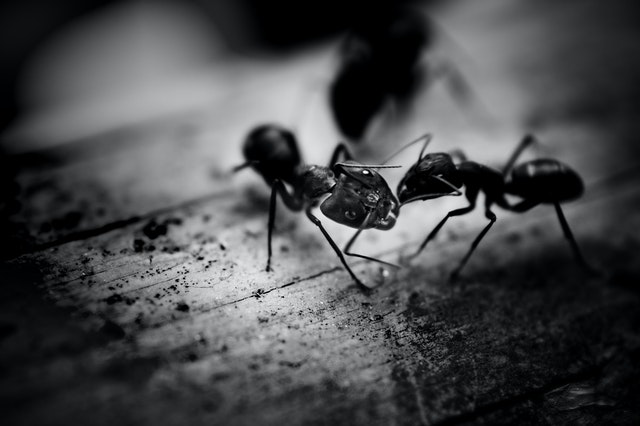
Ant Colonies Have Colonized Most of the World
Because of their highly organized structure and unusual coordination skills, ants have successfully populated every landmass except Antarctica and a few uninhabitable islands. They are cable of thriving in most ecosystems, including searing deserts, dense forests, wind-blown fields, and treeless cities. Somehow they pool their collective heads and come up with ways to survive, grow, and multiply almost anywhere on earth.
Ants are some of the most fascinating insects on earth and much has been said about them. While one ant may seem fairly harmless, a colony of ants is not quite as harmless. If you suspect a colony is establishing itself in or around your home, give ant pest control a call. They’ll know how to get rid of that pesky ant colony.
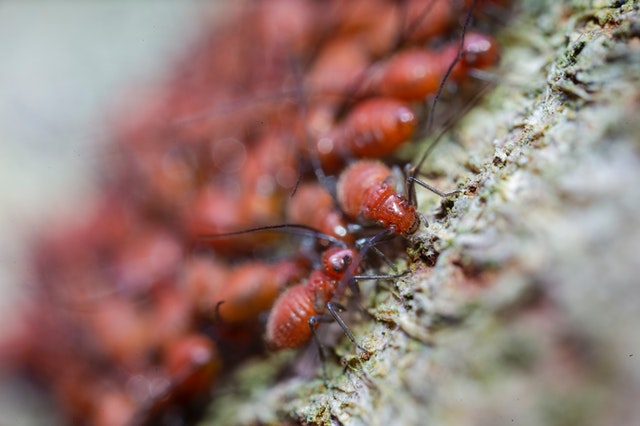
Learn More About Ants at Our Blog
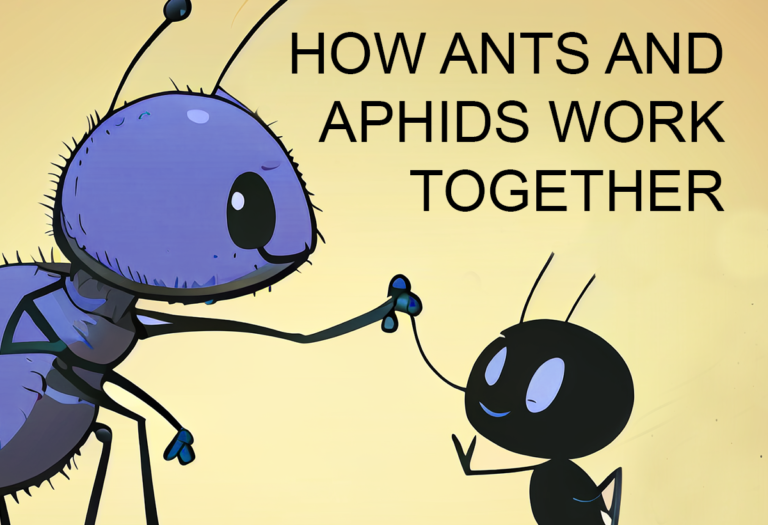
How Ants and Aphids Work Together for Mutual Benefit
How Ants and Aphids Work Together for Mutual Benefit Ants and aphids have a unique and fascinating relationship that has intrigued scientists for years. These
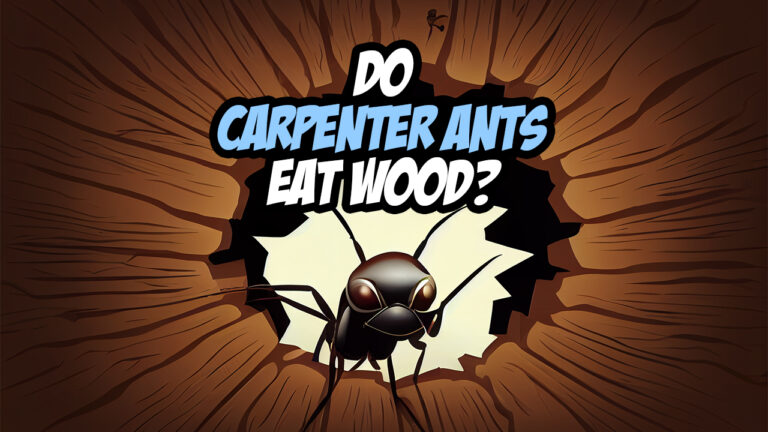
Do Carpenter Ants Eat Wood?
Do Carpenter Ants Eat Wood? No, carpenter ants do not eat wood. They tunnel into wood to create nests. In doing so, carpenter ants remove
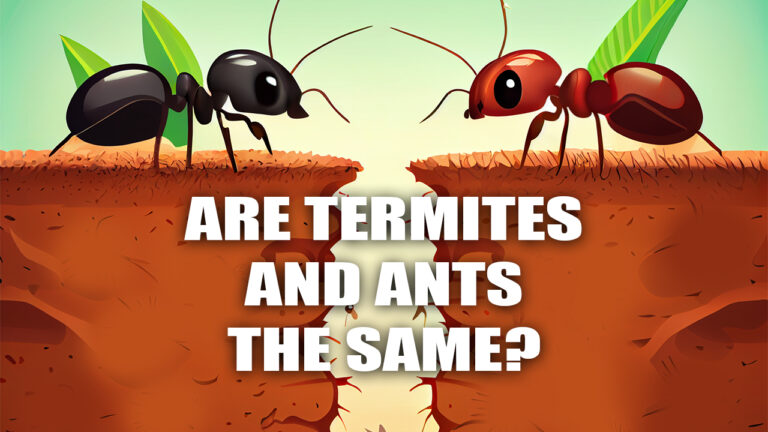
Are termites and ants the same?
Are termites and ants the same? “Are termites ants?” It’s a common question that many homeowners may ask themselves when they suspect an infestation of
